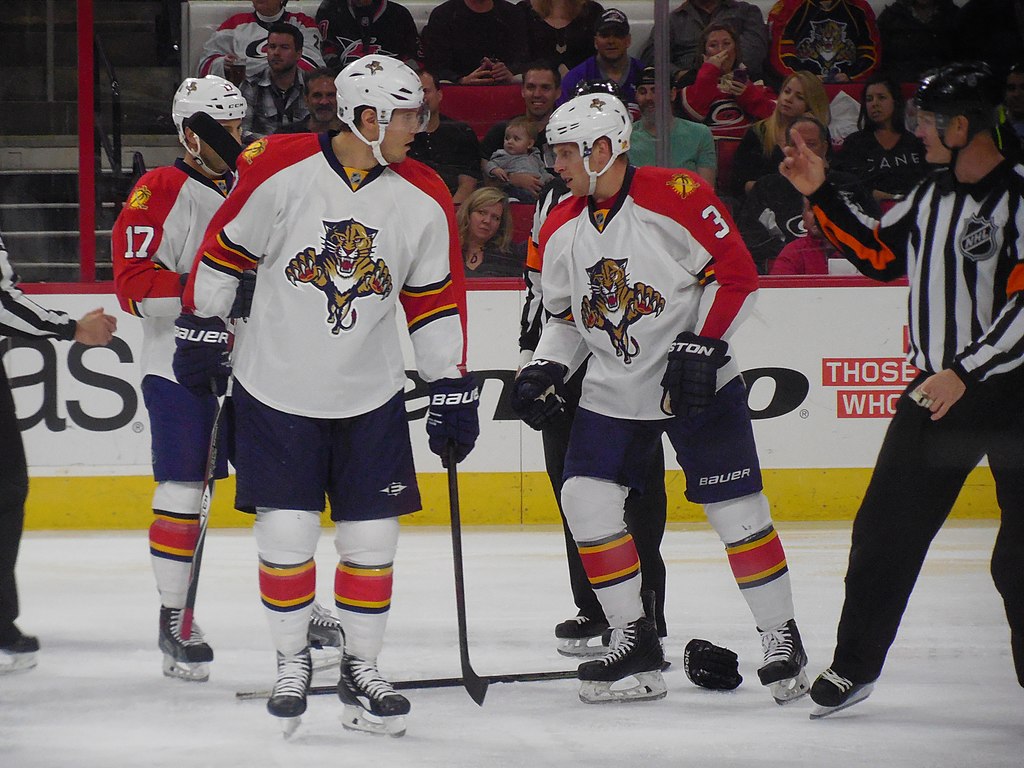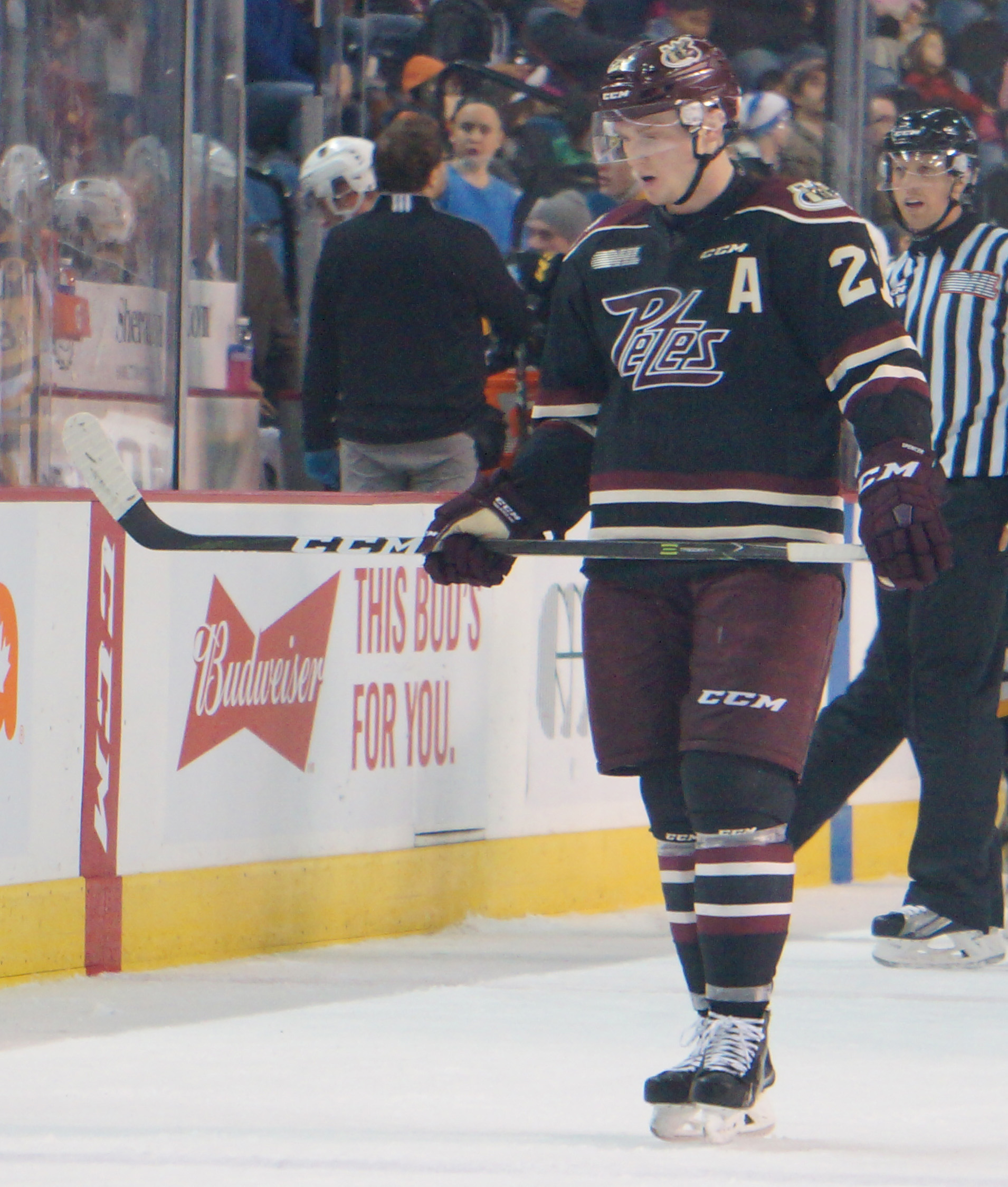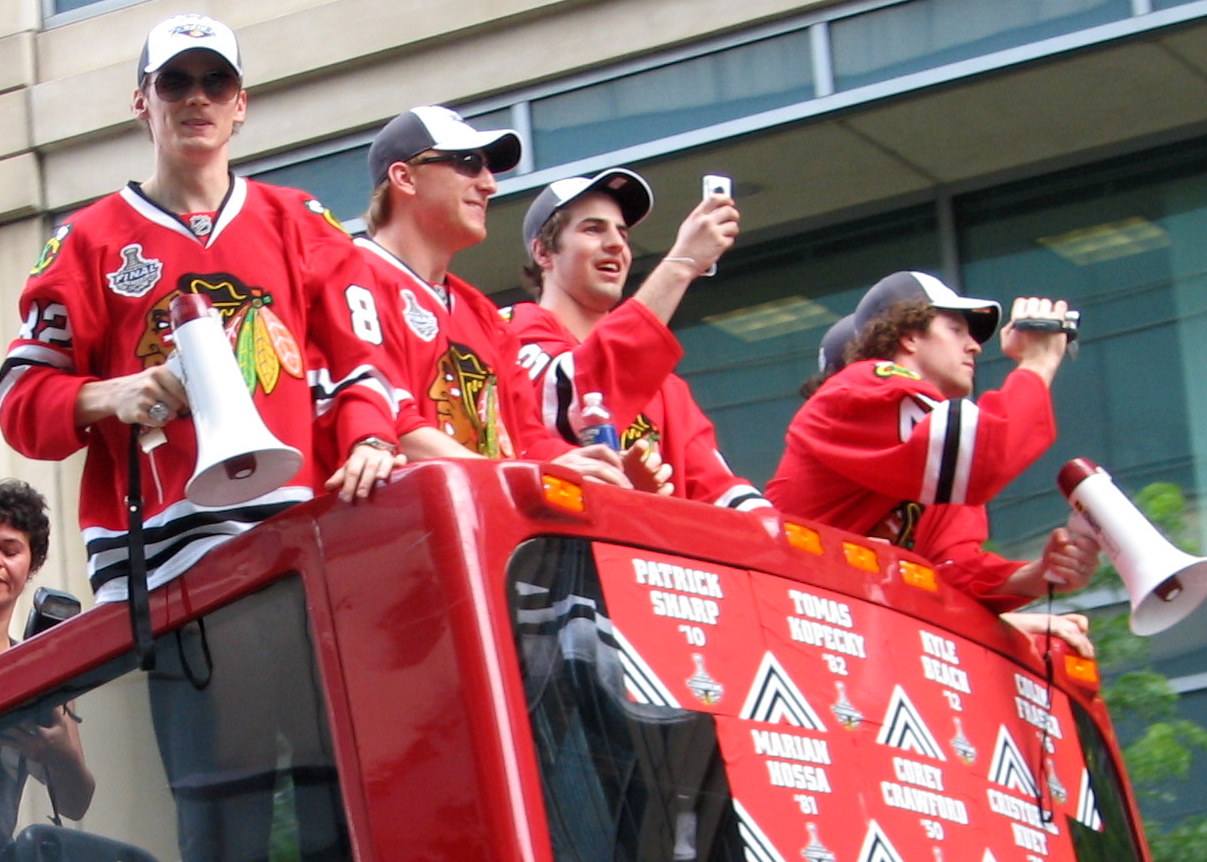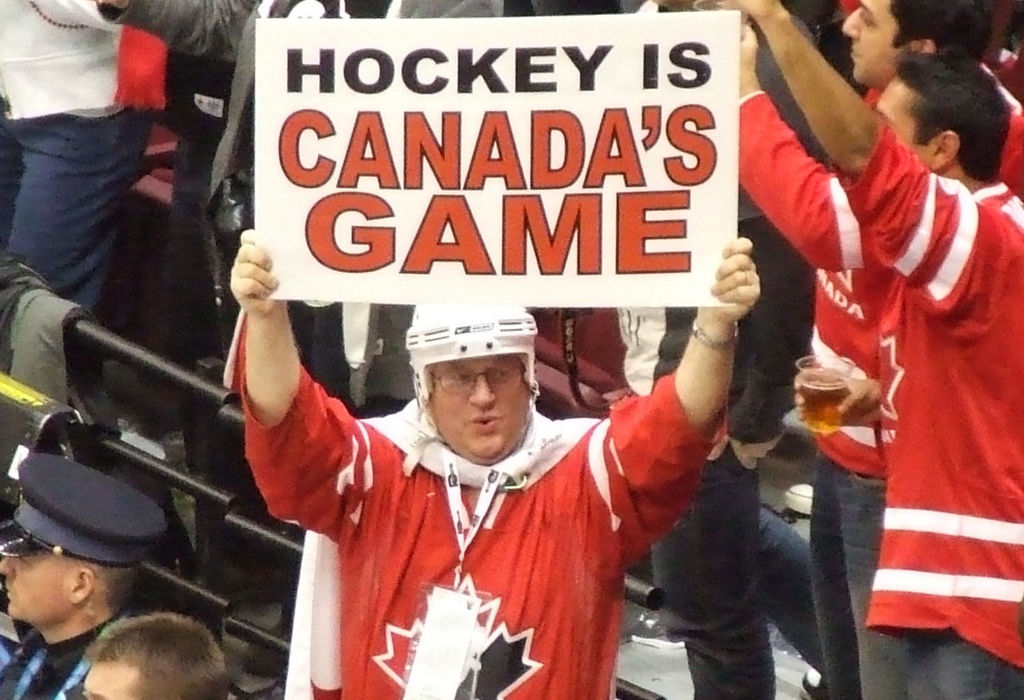By Alec Roberson
On July 1, 2021, the NCAA’s temporary rule allowing college athletes to benefit financially from their name, image and likeness rights (“NIL”) went into effect. In addition, various state laws related to NIL also went into effect that day. Immediately after July 1, college athletes started signing endorsement deals left and right. One deal was between University of Miami high profile quarterback D’Eriq King and the Florida Panthers. The Panthers are hoping to utilize King’s star power and social media presence to promote their brand through various methods including game appearances and merchandise collaborations. With this great expansion into collegiate NIL endorsements, the opportunity brings new questions.
Brief Overview
The NCAA’s temporary NIL rule provides that NCAA athletes can start benefiting from their NIL pursuant to either state law (for states that have enacted such NIL legislation) or each individual school’s policies.
There are some general rules that most laws and policies seem to follow such as not allowing players to use endorsed brands of merchandise during games that are not the same as the brands endorsing the school (although endorsing other brands outside of games or certain other school functions may be allowed). However, there is still a lot of inconsistency from school to school or state to state (such as getting endorsed by certain companies selling tobacco, etc.).
Due to this lack of consistency, the NCAA has requested Congress to enact federal legislation to make the rules related to NIL uniform across the board. While Congress has made progress, there seems to be a stall in the legislature at this point.
Teams Endorsing Players
The Panthers/King deal is the first instance where a professional sports team has endorsed a college athlete. In fact, the Panthers have actually rolled out a program called “FLA Athlete” in which they plan on continuing to endorse athletes. This groundbreaking program could turn out to be beneficial for the Panthers, both in South Florida and nationwide. As these types of programs start taking shape, many questions will need to be answered moving forward. Let’s take a look at some.
1. Professional Endorsement
What if the Panthers instead of endorsing a football player endorsed a college hockey player? Does that matter from the NHL’s perspective? What about for NCAA eligibility rules? Taking a high level analysis here, it seems likely the NHL wouldn’t have any issues with it. It is not like the team is illegality recruiting the player since he would most likely need to go through the draft anyhow. However, this could prove to be a multi-layer issue for the player maintaining college eligibility (discussed below).
2. Current Contracts and Business Considerations
Another potential issue is what happens if the endorsing team’s merchandise sponsors are in competition with the endorsed athlete’s sponsors. Maybe a rule similar to the college sponsor/player sponsor one is followed where the player cannot wear his or her own endorsed brands while promoting the team. This may need to be an item that is spelled out in the endorsement contract itself.
There are also the normal endorsement risks of what happens if the player gets into trouble or loses his popularity. These issues are typically addressed in endorsement agreements – but a pro team endorsing a college athlete is a new arena that requires a new way of analyzing these types of deals. For other NHL or minor league hockey teams looking to get into the mix, they may be watching the Panthers as a sort of “beta test.”
NCAA Eligibility
On the NCAA players’ side, the NIL rules will alter the “amateurism” requirements previously in place when it comes to NCAA hockey eligibility. We previously wrote an article outlining those rules. Check it out here if you have not yet. Now with NIL updates, a few things provided in that article will be changed.
The most obvious change is that NCAA hockey players can now accept endorsement deals. Whether it’s for gear and clothing or free food at the local burger joint, players can get paid for their NIL.
1. Professional Team Endorsements?
But what about a scenario like the Panthers? On one hand, sure, they are getting endorsed by the team under the NIL rules. On the other hand, NCAA eligibility rules prohibit receiving any pay from a professional team, whether it be in cash, merchandise or other opportunities. This could end up blowing the player’s NCAA eligibility since it would be direct professional involvement. Frankly, it probably doesn’t make sense for a professional hockey team to endorse a college hockey player considering they would just use their own players and there could be a lot of risks to which the benefits may not outweigh. It also doesn’t make logical sense for a professional team in a sport different than the endorsed athlete to be prohibited from said endorsement.
2. NIL or Pay-for-Play?
The NCAA still expressly prohibits schools from paying athletes for their play. With NIL endorsements this could get murky. What if the NCAA player is endorsed by a professional sports team for a sport that is not hockey, but the owner of that team also owns an NHL team? What if a company decides that part of its endorsement deal is to pay for an athlete’s tuition? Does that transfer over to pay-for-play which is prohibited?
This last scenario actually happened with BYU football. While the line there is a little blurry, Utah does not have a state law on NIL and therefore the NCAA will defer to BYU’s own set of standards and rules. The result may be different in a state with NIL laws. At the moment, the answers to all of these questions largely depend on the athlete’s state or school. This is why having a uniform set of rules is so important.
Players especially need to be careful with utilizing their NIL for endorsements in order to maintain their NCAA eligibility. But with that said, players now have the opportunity to benefit in many ways not previously possible.
Concluding Thoughts
This is all uncharted territory with only a handful of answers at this point. There are many other considerations as well.
1. A New Asset?
Could the athlete sell the right to their NIL to someone else to which that recipient could benefit? In addition, even though most endorsement agreements terminate at death, the athlete’s NIL may still hold value that his or her heirs possibly could benefit from post-death. We have seen celebrities’ name, image and likeness involved in estate disputes with the IRS. For example, Michael Jackson’s family battled the IRS over the value of his image and likeness for estate tax assessment purposes. So now in the unfortunate situation when a college athlete passes away, is their NIL actually an asset that could be passed to others?
The answer to that would depend on state law and economics. State laws differ both in the new NIL rules and rights of publicity affecting NIL rights of deceased celebrities. For example, until recently, New York law provided that when a celebrity died his or her NIL became public domain. Therefore, in New York prior to 2021, an individual’s NIL was not really an asset transferable at death. If that celebrity passed away in Tennessee, however, the result was different. Most likely for collegiate athletes it would never reach the economic level of Michael Jackson. However, this is an interesting thought to ponder. Especially considering that previously there was really not much of this NIL opportunity and now there is.
2. What the future may hold…
The more this unfolds the more we will see what teams, companies and players do to utilize these rules. We will also (hopefully) see some sort of uniform legislation nationwide to provide consistency. With Congress currently working on the infrastructure and budget reconciliation bills, the NIL legislation may take some time. The Panthers have jumped on this new NIL opportunity and one can only imagine other professional sports teams will do the same. What we do know is that NCAA players can now benefit from their NIL. What we don’t know is to what extent those players and the companies (or professional teams) involved can.
Post image attribution: By: Doug Kerr from Albany, NY, United States, CC BY-SA 2.0 https://creativecommons.org/licenses/by-sa/2.0, via Wikimedia Commons




